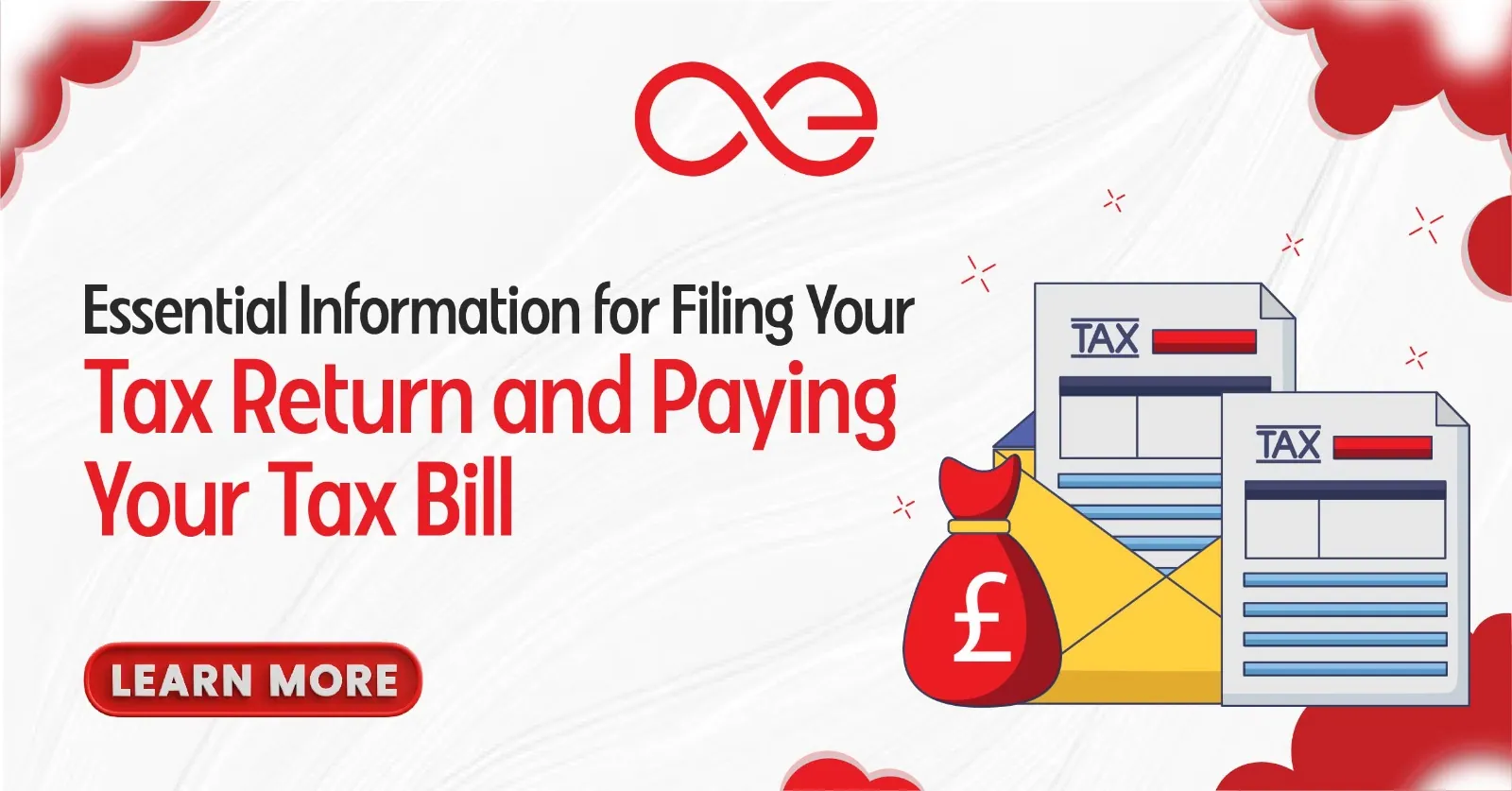Each year, around 13 million individuals are expected to file a self-assessment tax return, making it a potentially stressful and time-consuming process. That’s where we come in—our tax Return experts are ready to support you at every step, from registration to preparation and submission. In this article, we’ll explore key self-assessment filing deadlines and address some important considerations to keep in mind.
Already Filed Your Tax Return?
If you’ve already submitted your tax return, any tax owed must be paid by 31st January. To avoid missing the deadline, you can pay early or set a reminder for closer to the date. Keep in mind that if your income tax payment is overdue by more than 28 days, HMRC will automatically apply interest.
If your self-assessment tax bill is over £1,000, you may be required to make instalment payments for the upcoming tax year. Known as Payments on Account, these instalments are due in January and July for eligible individuals.
Each payment on account typically represents half of the previous year’s tax bill. However, you can adjust these amounts if you anticipate a lower tax liability for the next year.
If Your Tax Return is Still Pending
If you’re completing your own tax return, it’s essential to double-check your figures for accuracy and ensure you’ve claimed all applicable expenses, reliefs, and allowances.
Keep in mind that HMRC helplines handle only basic queries, such as PAYE coding notices or Marriage Allowance questions, and do not provide detailed tax advice.
To simplify the process, seek expert assistance from our team at Account Ease. We can manage all aspects of your tax affairs, including:
- Registering for self-assessment with HMRC
- Preparing and submitting your self-assessment tax return
- Calculating your tax liability
- Advising on deadlines and payment due dates
An experienced accountant can also help optimize your tax efficiency. To ensure everything runs smoothly, provide your accountant with accurate and complete records as early as possible.
Key Deadlines and Tips for Filing Your Tax Return
Paper Tax Return Deadline: 31st October
If you choose to file a paper tax return, the deadline is 31st October. Missing this deadline results in an automatic late filing penalty of £100, with further penalties applied the longer the delay.
Preparing to File Your Tax Return Online
For those filing online, allow enough time to register with HMRC, as processing can take a while. It’s your responsibility to register for self-assessment, as HMRC will not send you a tax return automatically.
Short on Time? Consult an Accountant
If you’re worried about meeting the deadline, contact an accountant or tax adviser. They can file your return through their HMRC agent login and help with registration or obtaining your Unique Taxpayer Reference (UTR) if needed.
Don’t Wait Until 31st January
Starting early reduces errors and stress. Filing in December helps you avoid the last-minute rush, as 30th and 31st January are the busiest days for submissions, with the peak hour being 4 pm to 5 pm on the final day.
Penalties for Late Tax Returns
Failing to file on time can result in significant penalties:
- £100 fixed penalty – Applied immediately, even if no tax is due.
- After 3 months – £10 daily penalties up to £900.
- After 6 months – 5% of the tax due or £300 (whichever is greater).
- After 12 months – An additional 5% of the tax due or £300 (whichever is greater).
These penalties are cumulative, meaning a tax return filed a year late could result in at least £1,600 in charges.
Start your tax return early to avoid stress, ensure accuracy, and steer clear of costly penalties.
What to Do If You Can’t Pay Your Tax Bill
If you’re unable to pay your tax bill, it’s crucial to still submit your tax return on time to avoid late filing penalties.
Once submitted, contact HMRC promptly to discuss options for a payment plan or an extension. Remember, penalties are an unnecessary drain on your hard-earned money, and you cannot claim tax relief on them. Acting early can help you avoid additional charges and financial stress.
How Account-Ease Can Help
At Account-Ease, we understand that managing your self-assessment tax return can be stressful, especially when navigating deadlines, penalties, and payment plans. Our expert team is here to make the process seamless and stress-free. Here’s how we can assist:
- Complete Support for Filing: Whether you’re starting fresh or catching up on overdue tax returns, we handle everything from registration to submission, ensuring accuracy and compliance with HMRC rules.
- Deadline Management: Avoid penalties and interest by letting us track and meet critical filing and payment deadlines on your behalf.
- Tax Efficiency: We ensure you claim all eligible expenses, reliefs, and allowances, helping you optimize your tax liability.
- Payment Plan Guidance: If you’re struggling to pay your tax bill, we can guide you through contacting HMRC to arrange payment plans or extensions.
- Proactive Tax Advice: From managing Payments on Account to handling late filing penalties, our experienced accountants are here to safeguard your financial health and provide proactive solutions.
With Account-Ease, you’ll have peace of mind knowing your tax affairs are in expert hands, giving you more time to focus on what matters most. Reach out today to simplify your tax return process.

